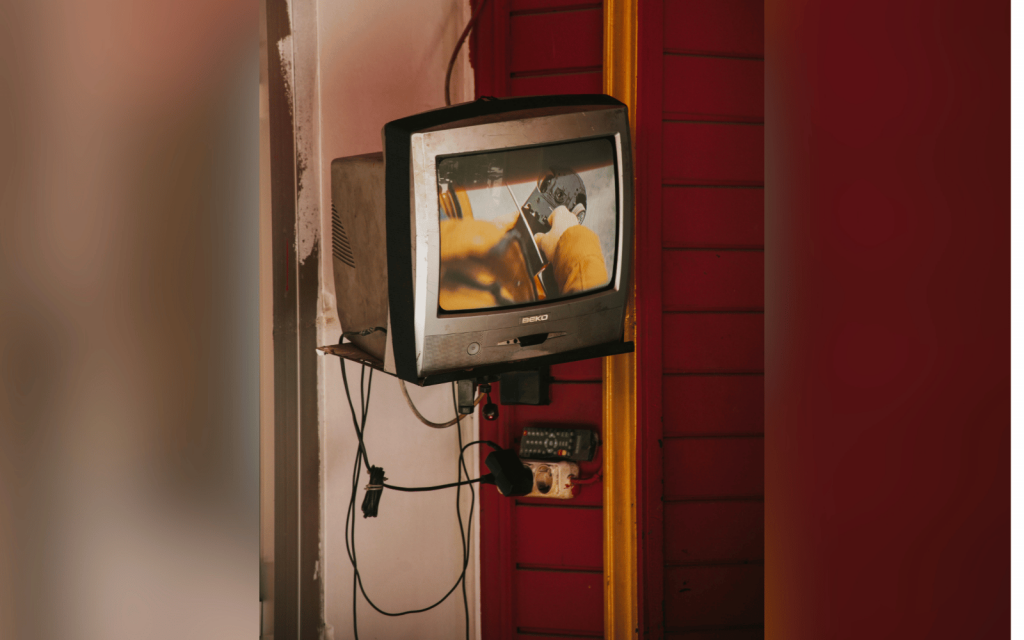Communications minister Solly Malatsi announced a new deadline for the nation’s analogue switch-off, moving it back by three months. Some may remember the hubbub caused by news of South Africa’s digital migration to set-top boxes. That was 14 years ago. Feel old yet?
From analogue switch-off to digital migration
The project has suffered various setbacks since its initial deadline set by then-communications minister Ivy Matsepe-Casaburri during Thabo Mbeki’s presidency. Malatsi, the first Democratic Alliance cohort to lead the office via the GNU, said in a statement that cabinet’s support has been secured for an extension to the deadline, from December 31st 2024 to the 31st of March 2025. The initial deadline was set by his predecessor, the ANC’s Mondli Gungubele.
The analogue switch-off project has stumped every communications minister from Matsepe-Casaburri to Malatsi, who hopes the extension will help lagging service delivery, emphasising that the project has “dragged on for far too long” and continuing to broadcast both analogue and digitally is “costly and cannot be sustained indefinitely.”
There are still 467,000 households registered for government set-top boxes that have not received them. Malatsi did not explain what was causing the delay. But he does promise that “Our immediate focus between now and the end of March 2025 is to aggressively accelerate the delivery and installation of set-top boxes to indigent households to ensure that as many households as possible are prepared for the switch-off.”
These almost half a million unconnected homes matter because their disconnectedness poses a threat to the already-struggling SABC’s revenue. Media Monitoring Africa executive director William Bird emphasises, “It is a catastrophic risk for the SABC…to cut its audience in this context is basically taking away its only source of revenue. This will have consequences on the thousands of jobs at the SABC, and we are facing a possible extinction event for the public broadcaster.”
Extinction is a tad hyperbolic — it’s unlikely that government would allow the nation’s public broadcaster to go under this easily. But the transition is certainly a precarious one that must be handled properly to prevent disconnecting those who may struggle to reconnect, due to the difficulty of accessing technology where they’re situated.




